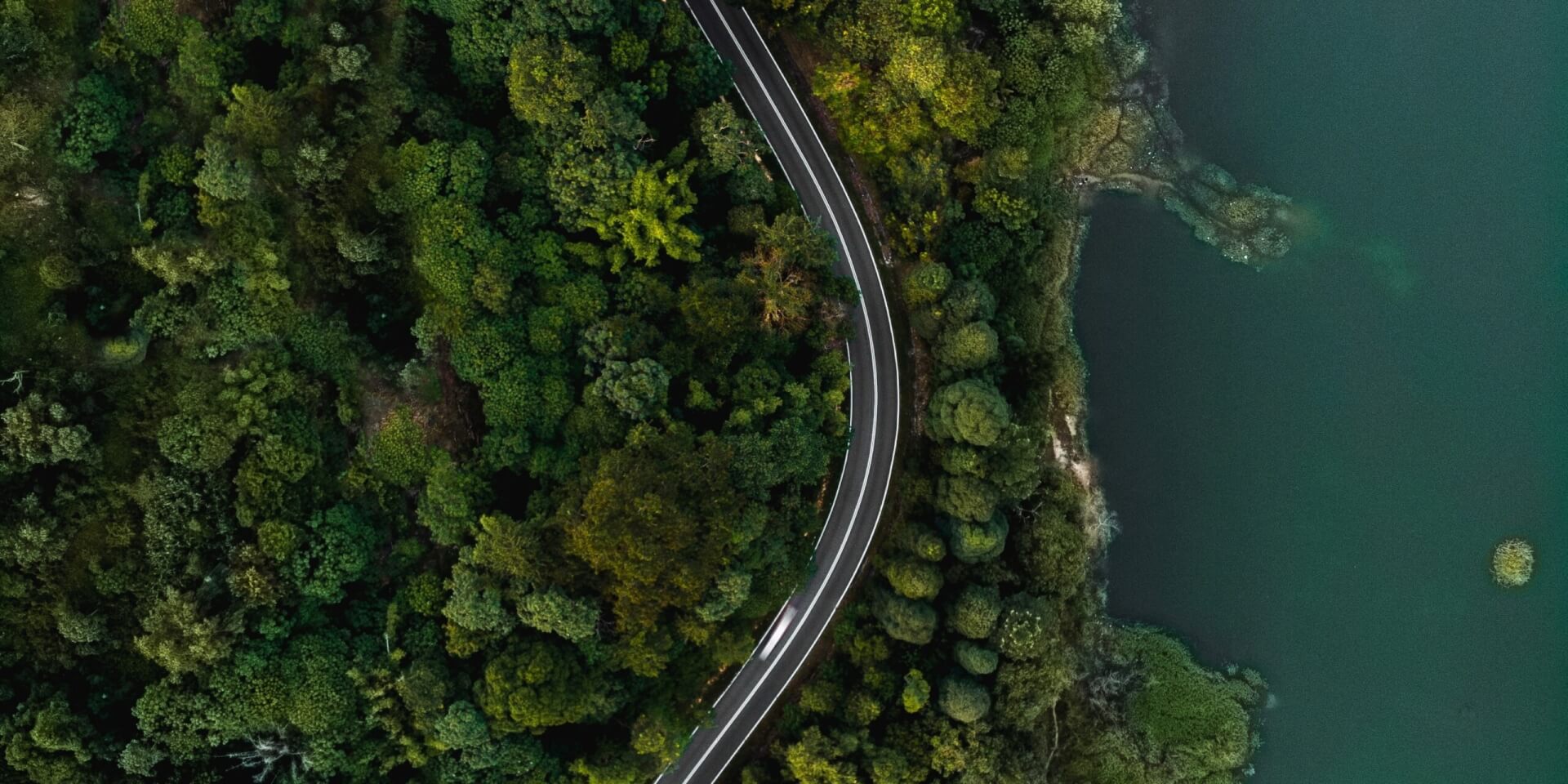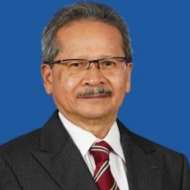
A very good morning to all.
Welcome to the Global Knowledge Dialogue for Asia and the Pacific. The GKD is co-organised by the Academy of Sciences Malaysia, International Science Council and its newly established regional focal point in the Australian Academy of Science. Last year, the GKD held its inaugural event in Cape Town during the World Science Forum. I am most humbled that the second edition of the Dialogue is hosted here in Malaysia in conjunction with the International Greentech & Eco Products Exhibition and Conference (IGEM).
The Academy of Sciences Malaysia has come a long way since we first began our partnership with the ISC. As you may know, from 2006 to 2021 ASM hosted the ICSU Regional Office for Asia and the Pacific.
We now have great pleasure to pass the torch to our friends, the Australian Academy of Science. ASM has had plenty of productive collaborative work with the Australian Academy of Science. I am confident that together we can expect to see new dimensions and new ideas emerging for the benefit of ISC and its members.
The Global Knowledge Dialogue that we are convening today is only the beginning of a new round of engagements, united as members of ISC, to renew and revitalise our longstanding scientific partnership.
Ladies and gentlemen,
Our Prime Minister, in a recent speech, invoked the term postnormal times to articulate his understanding and appreciation of science and its implications for human society. He is a not a scientist. Yet his perspective arising from deep knowledge of the humanities may help to make better sense of where we are now and where we may be heading. Let me try to explain.
We live in a postnormal world, where transformative forces produce great uncertainties and complexities, leading to a chaotic and contradictory set of life-changing conditions. Human activities and man-made materials have implicated the world on a greater scale than the world has ever experienced before. The challenges that we face during these postnormal times cannot be resolved with existing tools. They require new modes of thinking and new ways of doing things. We need a postnormal science if we want to truly address the serious threats and challenges that confront human life. As we move through the transition from what was to what will be (more so, what ought to be), but not yet, we can expect to experience turbulence.
Planetary health, the main theme of this Global Knowledge Dialogue, provides a good illustration of postnormal science. Science as we know it will not work. A reductionist view of nature, taking empiricism, materialism and determinism as our guideposts, has taken us on this path of unsustainable ways of living. Our knowledge systems have to be rebuilt. We need wholistic knowledge, capable of integrating all kinds of knowledge, some of which will not pass the test of normal science. To quote an example, indigenous knowledge possessed by some of the most “primitive” peoples on earth is slowly being given due recognition and intellectual respect. What can this kind of knowledge teach us about living within the means of our limited resources?
Our normal social systems also do not work. We now live in global networks, where everyone and everything is interconnected. Hierarchies are giving way to flatter ways of communicating and decision-making. In dealing with facts and truth we need to build greater trust, which has become a major social challenge, especially when anyone with an Internet account can have a powerful voice. Knowledge systems and social systems are only two human systems that need to recognise and celebrate our interrelatedness in our attempt to strengthen mutual respect for the common good, There are many more on our way to reframe science for postnormal times.
Cooperation and collaboration in an open and inclusive dialogue are essential in formulating our mission to build a more sustainable future. Let this Global Knowledge Dialogue for Asia and the Pacific sow the seeds of comprehensive knowledge, giving due recognition to all kinds of human knowledge that exist within us.
Ladies and Gentlemen,
I would like to end by reminding ourselves that, as science leaders, we need to have the courage to confront the most important questions that we face. Wise answers that we generate will determine how we as a scientific community can help to ease the existential challenges of humanity as a whole.
To all my friends and colleagues coming from all over the world, once again I welcome you to the Global Knowledge Dialogue.
Thank you.

Tengku Mohd Azzman Shariffadeen
President Academy of Sciences Malaysia